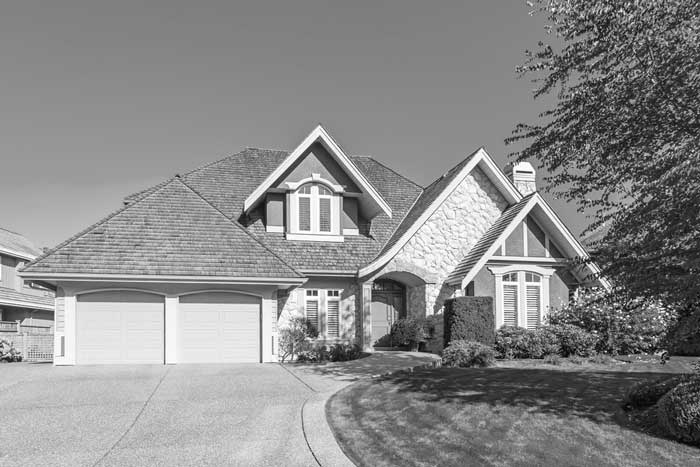
While the term “bankruptcy” seems to carry a negative connotation, it can surprisingly be the most efficient answer when dealing with foreclosure. We all see the hype in advertisements stating that delinquent borrowers can save their homes by filing for personal bankruptcy. It seems too easy. The truth is, it is easy and it’s safe. To better understand, let’s first look at what foreclosure and bankruptcy are:
Foreclosure refers to a legal procedure where a lender issues the loan, a.k.a. debt, in attempt to recover the balance of a previous loan from a borrower who has ended payments. This leads the lender into forcing the sale of an asset as collateral for the original loan. To summarize, the lender seeks to foreclose, which ultimately means terminate, the right of redemption to take legal title of the property in fee simple absolute, which means the highest ownership interest.
Bankruptcy is a legal process designed to help consumers and businesses either clear all their debts or organize a way to repay them under the protection and guidance of court. There are four general types of bankruptcy: Chapter 7, Chapter 11, Chapter 12 and Chapter 13. All were created and designed for specific types of bankruptcy.
With all of that said, let’s now dive into how bankruptcy can prove to be the best route when looking at possible means of foreclosing. We can start by looking at how each Chapter of Bankruptcy, more specifically Chapters 7, 12 and 13, can prove desired results:
Chapter 7 Bankruptcy, often referred to as “liquidation,” cancels all the debt from the secured home. This also means debt in the mortgage and equity loans. Proceeds from the selling of these items are then distributed to creditors. Chapter 7 Bankruptcy allows forgiveness to the homeowner for tax liability for the losses of the mortgage and home.
Chapter 11 Bankruptcy is known as “reorganization bankruptcy” because it is just that. When facing foreclosure, Chapter 11 Bankruptcy provides you the option of reorganizing your financial situation while still maintaining ownership of your assets and/or business operations. In reality, Chapter 11 provides the most benefit for those facing real estate foreclosure, as it allows you to buy more time to pay off debts.
Chapter 13 Bankruptcy is most simply defined as a repayment and restructuring plan for an adjustment of debts of an individual with regular income. While under Chapter 13 Bankruptcy, the individual facing foreclosure is under full protection of the U.S. Bankruptcy Court. The debtor is issued a plan which will allow them to repay creditors over a period of three-to-five years. Through this process, debtors are able to keep both exempt and nonexempt property while catching up on payments without being threatened with foreclosure or repossession. It may be the best option, depending on your unique foreclosing situation.
Facing a foreclosure, whether it’s personal or business-related, can be a scary encounter. While most situations are unique to their specific case, most of the time bankruptcy can result in a desired outcome from a rough situation. As always, for finding the best results when dealing with foreclosure, consult with a bankruptcy attorney to help you find and maximize your best options.
This article was provided by Cummings and Kelley, P.C. exclusively for Attorney-Lawyer Network
Latest posts by Howard Iken (see all)
- The Military & Getting Rightful Benefits After Divorce - January 25, 2019
- What Chapter 7 Bankruptcy Can Do for You - August 21, 2017
- Ongoing Case Regarding Obama Amnesty Executive Order - January 17, 2016
- Big Change in Law Regarding Fight Against Opiate Trafficking - November 1, 2015